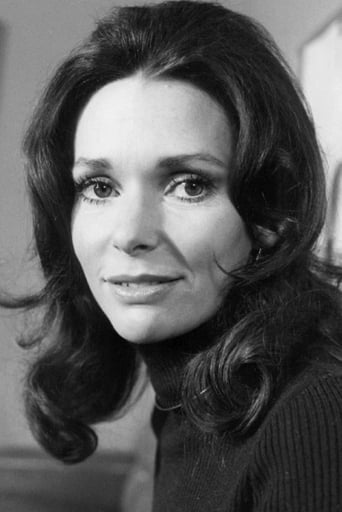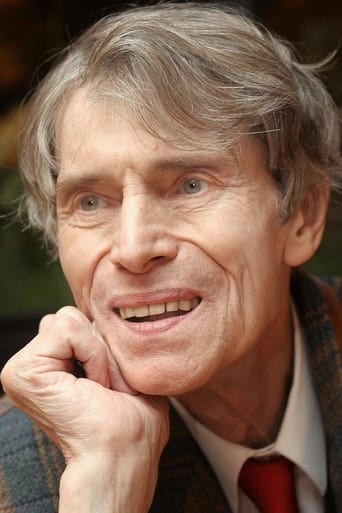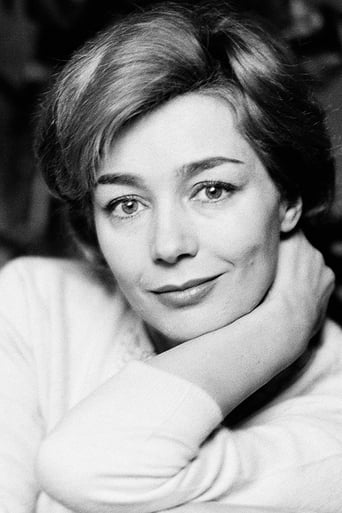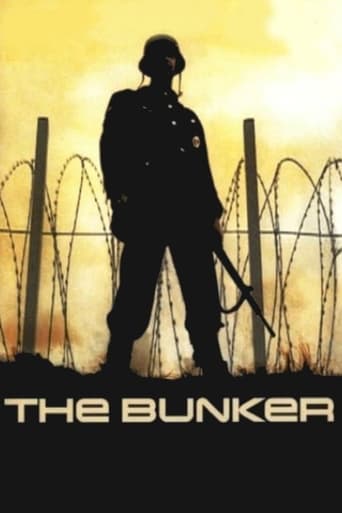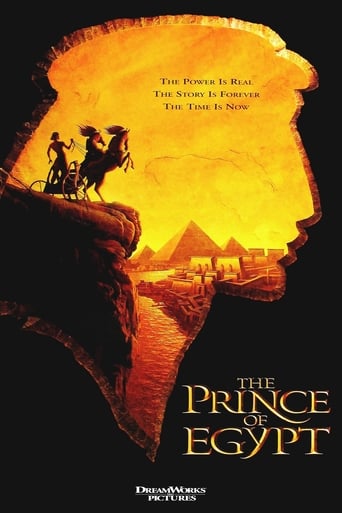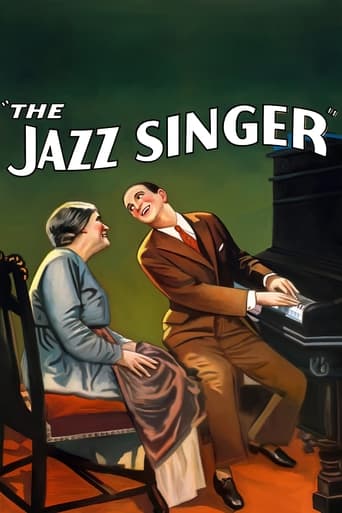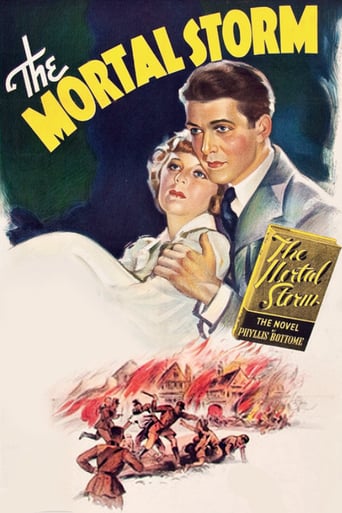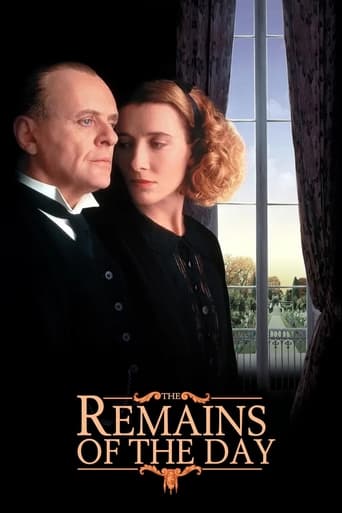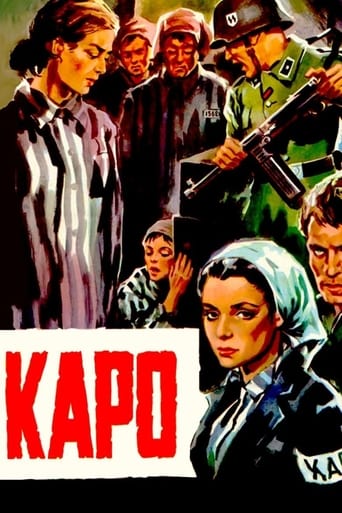
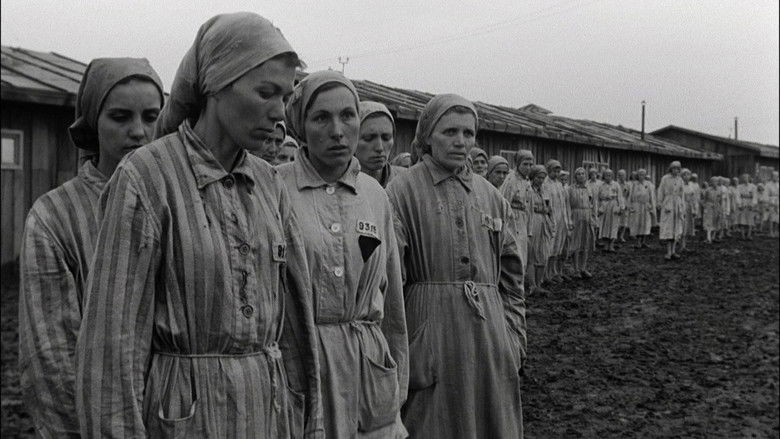
Kapo (1960)
Determined to survive at any price, Edith, a young Jewish woman deported to an extermination camp, manages to survive by accepting the role of kapo, a privileged prisoner whose mission is to ruthlessly guard other prisoners.
Watch Trailer
Cast


Similar titles
Reviews
I like the storyline of this show,it attract me so much
Dreadfully Boring
It's hard to see any effort in the film. There's no comedy to speak of, no real drama and, worst of all.
In truth, there is barely enough story here to make a film.
As with my recent viewing of Bernhard Wicki's THE BRIDGE (1959), I was introduced to the film under review via a still from it adorning the large and lavishly-illustrated "War Movies" tome I used to pore over as a kid; actually, apart from a recent Italian TV screening, I only recall a solitary broadcast of it back then one Friday night – this was also true of Pontecorvo's best-known work, THE BATTLE OF ALGIERS (1965), which I did catch much later on TV and subsequently on the big-screen in London – but, given the adult subject matter, I passed on it. Having now finally caught up with the movie (another title to make the "Wonders In The Dark" all-time top 3.000 list) after all these years, as part of my ongoing Oscar marathon, I must say that it is one of the most miserable viewing experiences I have ever had! The fall of the Third Reich in mid-1945 brought an unsuspecting world face to face with the shocking truth of Nazi concentration camps; this led to the infamous Nuremberg trials of 1947 and, perhaps inevitably, cinematic depictions of this horrific genocide. The most celebrated of these are Alain Resnais's harrowing short NIGHT AND FOG (1955; detailing the findings at the Auschwitz camp) and Steven Spielberg's Oscar-laden SCHINDLER'S LIST (1993; dealing with a real-life German industrialist who hid thousands of persecuted Jews among his factory employees). KAPO' – being the name given by the captors to the favoured one within each barracks whom they have selected to be its warden – might well be the very first feature-length movie on this theme; while clearly evoking the "Neorealist" school in its unremitting bleakness and dispassionate viewpoint, what is most surprising – in hindsight – is that, in many ways, this also anticipates the reprehensible "Women In Prison" and Nazisploitation subgenres in Euro-Cult fare of the late 1960s and 1970s! In a somewhat sensationalistic touch, the protagonist who becomes the titular Nazi lackey is a Jew passed off by the camp medic as a French girl after having witnessed her parents' oblivious march towards the gas chamber. She is played by American Susan Strasberg: though we are asked to believe that she is a virginal 14 year-old who soon becomes the young officers' favourite 'lay' (among them Gianni Garko), the actress is effective in delineating the character's trajectory from doe-eyed innocent to callous parasite (even if it seems this is primarily done in order to appease her personal hunger) to hopeless romantic (she becomes enamoured of rebellious Russian POW Laurent Terzieff) to resigned martyr (the heroine's elite position in the camp makes her the ideal, albeit endangered, candidate to switch off the electrically-charged barbed-wire fence that would precipitate a mass escape attempt). Interestingly enough, Strasberg had just been passed over in recreating her Broadway role for George Stevens' screen rendition of THE DIARY OF ANNE FRANK (1959).As expected, the supporting female cast is carefully chosen so as to encompass a wide variety of types among both victims and collaborationists: most notable, however, are Emmanuelle Riva (as the one who initially takes Strasberg under her wing but is then shunned by the new Kapo' and ends up committing suicide via electrocution) and Didi Perego (a Silver Ribbon award winner for Best Supporting Actress as the statuesque leader of the inmates whose outspokenness eventually leads to her being gunned down in cold blood). Pontecorvo (whom I saw at the 2004 Venice Film Festival during a screening of the Michelangelo Antonioni/Wong Kar-Wai/Steven Soderbergh-directed anthology EROS and has since passed away) did not have a prolific career, but his place in the annals of World Cinema is assured on the strength of THE BATTLE OF ALGIERS alone; incidentally, he is also credited with collaborating on Carlo Rustichelli's brooding score. As for co-director Montaldo (whose contribution, whatever it entailed, has never been given its due), he was invited over here a couple of years ago to introduce a number of his films screened as part of some Italian festival – but these were oddly scheduled during the mornings, thus making it impossible for me to attend!
This could have been a good movie, the story was there but it failed. Scene after scene that was just not realistic or believable. I was shocked at how sloppy Pontecorvo was in allowing so many careless takes. The women, who were supposed to be starving, diseased etc. etc. looked exactly like what they were...extras dressed in clean uniforms and fresh from a satisfying lunch at the commissary. When a German machine-gunner guns down thirty or forty people, what should the scene look like? Some motionless dead people, but mostly people in all stages of being wounded, crawling, screaming, some limping away etc.. Pontecorvo gave us forty motionless supposedly dead bodies, almost all face down, then the hero rises up unscathed and walks away. The subplot of the gal's relationship with the blond German officer was not only unbelievable but didn't go anywhere. Susan Strasberg, a virgin young girl goes into the bedroom to give herself to a German officer to gain better treatment, comes back out of the bedroom perfectly made up and looking exactly the way she did when she went in...come on! Sorry, just can't recommend this one.
Although it features two French leads (Laurent Terzieff and Emmanuelle Riva) ,"Kapo" has disappeared from the French dictionaries of films whereas lots of duds are included.With the exceptions of "Nuit et Brouillard" (which was an exceptional documentary ) and Wanda Jakubowska 's "ostatni etap' (1947) there were few movies which at the time broached the concentration camps subject(the last scenes of Dmytryk's "young lions" ,1958)Susan Strasberg was impressive ,mainly in the first hour though the evolution of her character is not always believable.Besides,her relationship with Sascha weakens the plot .Emmanuelle Riva almost outshines Strasberg,maybe because she was a more experimented actress (she was featured in Resnais's "Hiroshima Mon Amour" ) and her scene when she is translating the German words in a voice chocked with emotion may be the strongest in the whole movie.The "potato" scene is also revealing.I remember what Simone Veil ,a former French minister (secretary) (and herself a former prisoner in a concentration camp),said after watching the last episode of "Holocaust " (the seventies miniseries) : "in the camps ,people were not as helpful ,as kind ,as compassionate as they are in the film" ."Kapo" shows a very harsh world where the women are almost always fighting against their mates:that's the story of Edith /Nicole .When it was released ,the movie was trashed by Jacques Rivette because of a tracking after Riva 's death ;at the time Nouvelle vague= intellectual dictatorship.Although defended by the Italian masters (including Visconti),the movie was cursed .The IMDb users have restored it to favor.
With an effectively haunting music score and excellent sound work, the audio side of this film brings the horrors of living in a Holocaust concentration camp - and the changes in values one experiences under harsh conditions - right to the surface. For the most part, Susan Strasberg is superb as an innocent-looking Jewish girl taken prisoner and forced to change her way of thinking. However, with a limited sense of time, her changes in attitude are not gradual enough to be realistic. Everything that happens in the film takes place over months, but the filmmakers make it feel like only a few days. There is also an ill-conceived romantic subplot that weighs against the film too, and it has a tendency to be overly melodramatic at times. Still, a large amount of skill can be seen in the picture, and the panning camera-work also keeps the visual side of the film interesting. The well used music score and Strasberg are certainly worth watching for - it simply falls a little short of being excellent viewing.


